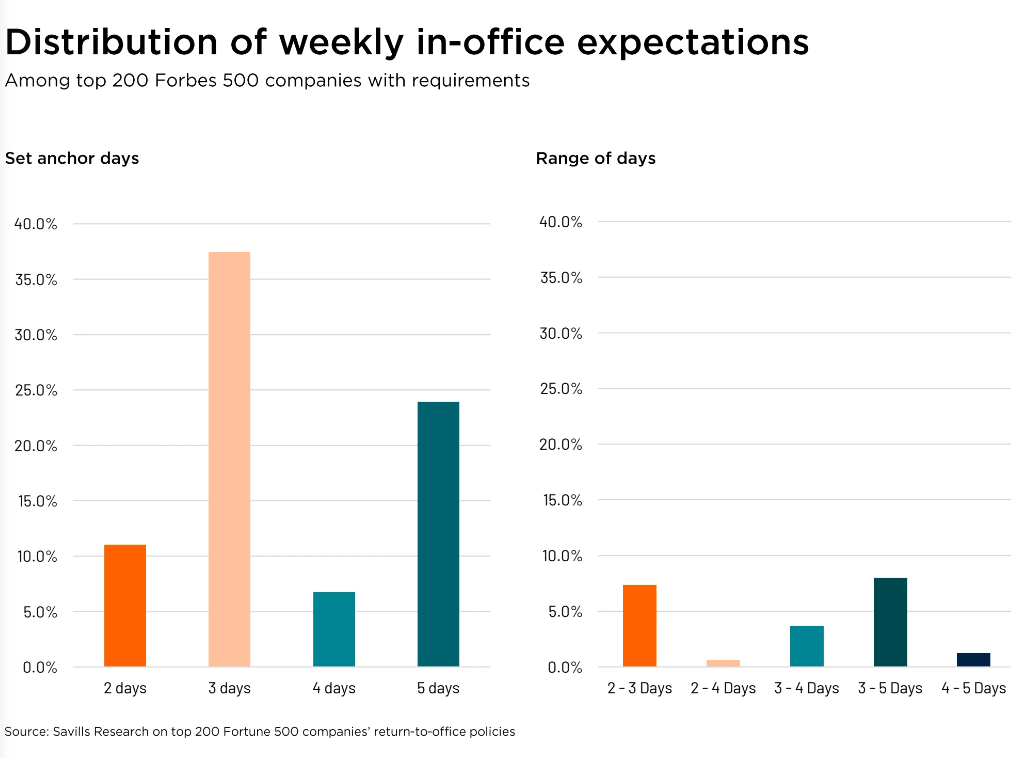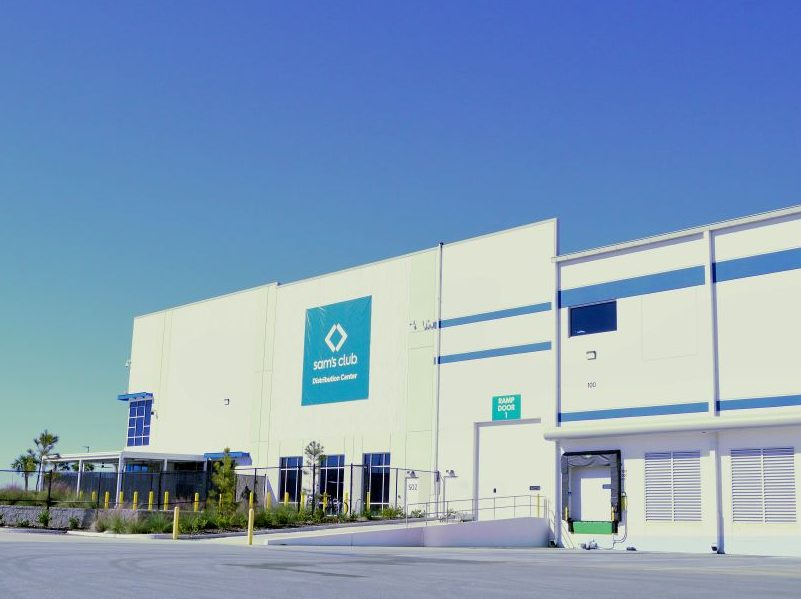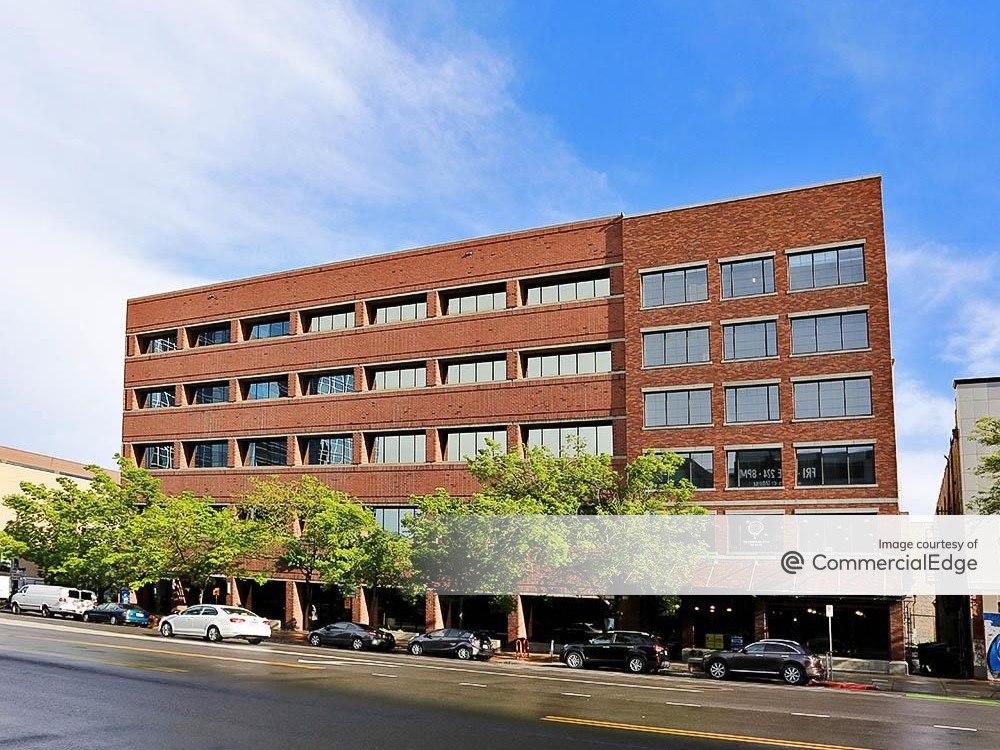The Partnership for Small Business Relief Proposes Enhanced SBA 504 Loan Program
Liberty SFP’s Alex Cohen on a plan to bring much-needed financial support by fine-tuning the SBA 504 program.
August 8, the date when the Paycheck Protection Program is expected to officially close, is around the corner—and small businesses owners who haven’t applied for a loan within the program, but are looking for funding, are starting to look for alternatives. Particularly small businesses in hospitality, retail and restaurant industries are finding themselves increasingly vulnerable as credit flow becomes very limited.
READ ALSO: CRE Executives See Glimmers Emerging From Tough Times
Until other stimulus relief packages are approved, many businesses are looking into the alternative loans offered by the Small Business Administration. For business owners, the SBA 504 loans can be a financing option worth looking into, especially since a group of lenders—called The Partnership for Small Business Relief—are calling Congress to pass a few enhancements that proved to be effective during the previous recession. Alex Cohen, CEO of Liberty SBF, one of the lenders involved in the partnership, talks about what these measures could mean for small businesses.
How do you see the lending environment for small businesses now that the Paycheck Protection Program is closing? What are the most viable financing options available?
Cohen: Small businesses can go to their local banks for financing but unless they have a very solid commercial banking relationship, they will probably have a hard time getting financing in this current environment. The appetite for banks to lend to businesses in the hardest-hit industries—hotel, healthcare, restaurant and retail—is not really there and liquidity in the secondary markets is frozen, so lenders will have a hard time securitizing those loans, making it even harder for the average small business to find relief.
The last recession proved that, with small enhancements, the SBA 504 loan program is perfect for small- to medium-sized business owners who operate their companies out of their own commercial real estate and can have a huge impact on the economic recovery.
What are some aspects small businesses probably don’t know about the 504 SBA loan program at this point?
Cohen: What I would tell a small business owner is that this is probably the best program out there for them as a financial lifeline right now. It also works great for small businesses to expand their businesses in the best of times.
It’s a high-leverage, low-cost, fixed-rate loan with an 80 to 90 percent loan-to-value. The cost to borrow is fixed, so you know your payment for the life of the loan, unlike other adjustable-rate options or any type of high-yield debt a small business is likely to find now. Also, the SBA 504 refinance loan can be used to tap into the existing equity in a commercial property (particularly given the high leverage feature) and cash out could be used to consolidate other debt and business expenses.
Tell us more about the two provisions you’re calling Congress to adopt in order to enhance the SBA 504 loan program. What made you nominate them?
Cohen: There are two main provisions we are advocating for, that are ready to implement immediately and will not cost U.S. taxpayers:
1) Reinstate the First Mortgage Loan Pool (FMLP) program and
2) Expand the SBA 504 refinance program.
FMLP provides an 80 percent government guarantee on SBA 504 first-lien mortgages, which can bring much-needed liquidity in the commercial lending marketplace. It brings the lenders back to the table. Without FMLP, I am afraid that the SBA 504 loan volume will continue to decrease. The program has an existing statutory playbook and is ready to implement immediately. In addition, FMLP bonds have a 10-year performance track record with very low default rates. As a matter of fact, the data shows that the Small Business Administration made $15.6 million over the 10 years since the program was last implemented.
By expanding the SBA 504 refinance program, Congress can help existing business owners unlock cash equity in their commercial properties and provide for additional eligible uses for cash out, including using the cash to pay down expensive high-yield business debt and to pay for eligible business expenses like payroll and G&A. This does three specific things:
- Allows for any existing business debt to be eligible for refinance
- Expands eligible uses to include more prepaid expenses, interest reserves and working capital up to 90 percent LVT
- Ties availability of working capital to job retention requirements of the SBA 504 loan program.
READ ALSO: How Small Businesses Can Avoid Cash-Flow Gaps
Who can qualify for financing under the enhanced SBA 504 program?
Cohen: The same business owners who already qualify for the regular SBA 504 loan; that is, U.S. business owners that own their own properties.
How exactly is the enhanced program going to benefit borrowers from some of the hardest-hit sectors (healthcare, hotel and service-based)?
Cohen: Aside from the benefits outlined above, these owners have two things in common: They need access to capital quickly and many of them own their commercial properties with equity that they can tap to make it work for them.
How fast do you expect small businesses to be approved for financing in the enhanced program?
Cohen: The myth is that SBA 504 loans are onerous and take forever to approve. But the lenders part of The Partnership for Small Business Relief have been known for closing an SBA 504 loan in 45 days. Our record is, in fact, 33 days.
Recovery predictions are pointing toward a short recession but a slow, lengthy recovery. How do you see the small business sector?
Cohen: We need quick action on the part of Congress to ensure that the recession is short. If the recovery takes time, the SBA 504 loan is perfect since it locks in a long-term, low, fixed-rate that is predictable so that businesses do not have to worry about rate fluctuations and they can concentrate on rebuilding the economy, one small business at a time.









You must be logged in to post a comment.